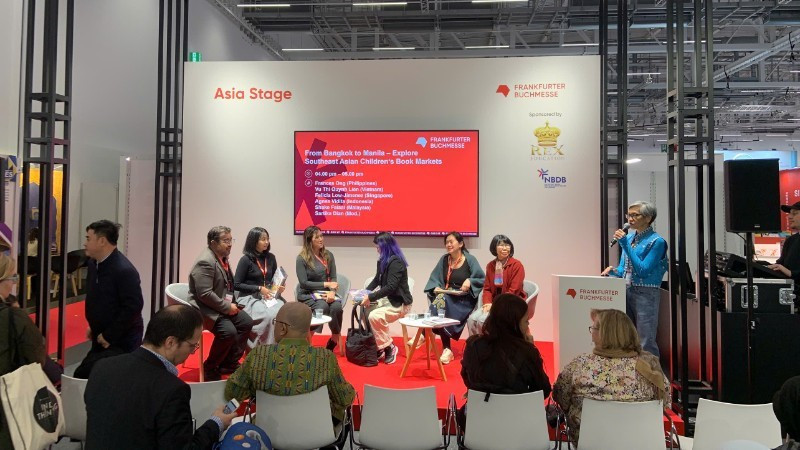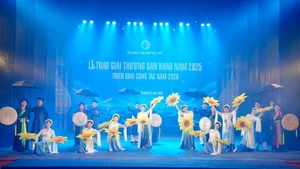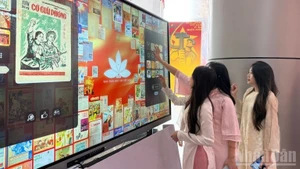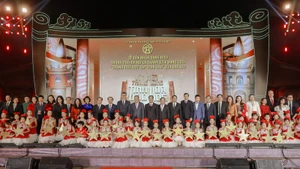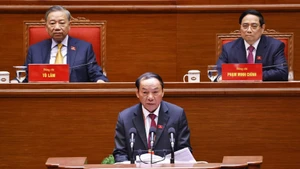In the long term, Viet Nam is working to perfect the provisions of its Intellectual Property Law to meet international commitments, and more importantly, to build an ideal copyright system that ensures transparency and encourages creativity. Thus, such a legal mechanism must balance the interests of creators, exploiters, and the community, contributing to promoting economic, cultural, and social development.
According to representatives of the Copyright Office of Viet Nam, an ideal copyright system must be both suitable with international standards such as the Berne Convention, the TRIPS Agreement, and the WCT Treaty, and “Vietnamised” to meet domestic practical conditions. More importantly, that mechanism must ensure a fair distribution of benefits among authors, producers, distributors, and consumers, while maintaining reasonable exceptions so that communities can access knowledge, develop technology, and innovation.
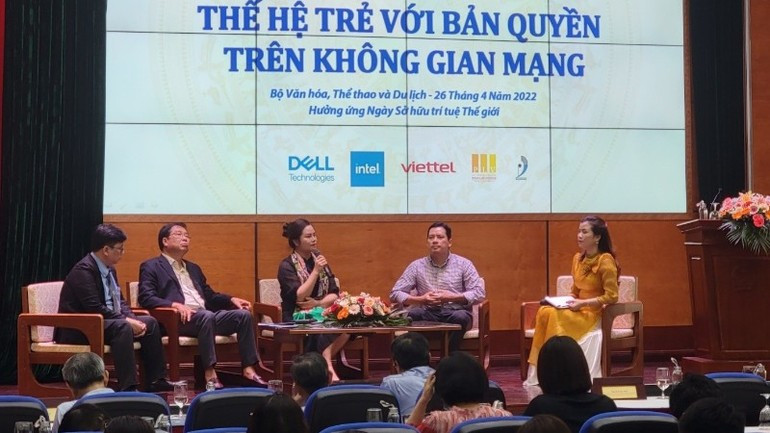
Tran Hoang, Head of the Copyright Office of Viet Nam, emphasised that copyright must be closely linked with the cultural industry development strategy, creative industry, and digital economy, and it cannot be a rigid legal framework. Instead, it must be a dynamic tool that accompanies creativity and the development of the nation.
Since 2025, the Ministry of Science and Technology will preside over and coordinate with the Ministry of Culture, Sports and Tourism and relevant agencies, to develop a Law amending and supplementing a number of articles of the Law on Intellectual Property, with a view to building a separate Copyright Law in line with international practice. This is expected to mark an important step toward building a solid copyright foundation, creating a driving force for creative industries.
In that context, each literary work, song, film, design, application, or video game is an intellectual asset and a special type of economic resource in the digital era. Protecting copyright, therefore, means not only protecting the author but also protecting national cultural values and the country’s competitiveness. In the Vietnamese cultural industry development strategy to 2030, with a vision to 2045, the state has clearly defined that copyright is a pillar for industries to create.
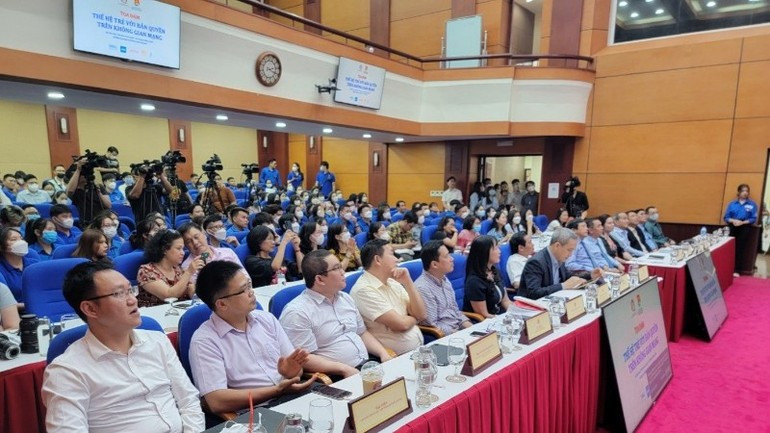
For a creative market to operate transparently, the rights and interests of creators must first be respected. To achieve that, it is essential to establish a complete copyright ecosystem in which law, technology, and social culture operate in harmony. Technological systems such as artificial intelligence, blockchain, and big data will play an increasingly important role in managing, monitoring, and commercialising copyright, helping creators, especially young people, to easily register, protect, and exploit their works.
At conferences and seminars, experts have stated that attention should be given to the issue of how ideas can be commercialised so that young businesses have opportunities to bring their products to domestic and international markets, along with their copyrights. Thus, copyright does not stop at being a protective tool but becomes an economic launchpad. A strong creative culture must be built on the belief that creativity is respected, protected, and brings legitimate benefits to its creators.
Viet Nam’s young creative generation today is the central force in the knowledge and creative economy, from independent artists, designers, filmmakers, and musicians to technology entrepreneurs and start-up communities. They are both technologically adept and have aspirations for integration, a national spirit, and a love for Vietnamese culture. They are a potential force contributing to shaping a new face for the Vietnamese identity in the digital space.
To help the young generation to uphold their full potential, they need a genuine “launchpad”. More importantly, society must form a culture that respects copyright. When creativity is honoured and knowledge is respected, the young generation will feel confident in pursuing careers in art, science, and technology. Copyright, therefore, is also a measure of society’s trust in intellect.
From Vietnamese cinema reaching out to the world, Vietnamese music gaining international attention, to the wave of technology start-ups carrying Vietnamese identity, all need a common foundation with three elements: international standards, practical suitability, and future orientation. And in that future, the young generation will be at the centre, the key driving force in creating Viet Nam’s cultural industry on a foundation of knowledge and creativity.
